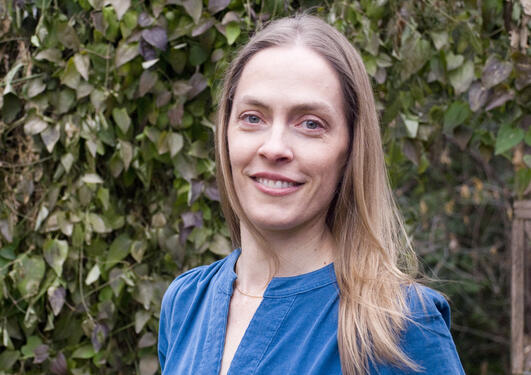Music: what’s it good for? Exploring the function of music in societal and cultural contexts.
We are delighted to announce the GRS Autumn Course 2021 which will run from November 30th-2nd 2021. The event is organized by the Grieg Research School in Interdisciplinary Music Studies and is hosted by University of Stavanger

Hovedinnhold
This GRS research course will explore themes linked to correlations, connections, values and conflicts related to the function of music in society, we ask why we need music in our lives: what’s it good for? Prompted by large-scale societal problems – from right-wing xenophobia, to covid-19, and climate change – but also issues of togetherness, place/space, health/care and liveness. Across a variety of music practices, and associated research paradigms, questions around music´s function may provoke wildly differing responses, including conflicting perspectives on both what counts as “good”, and what counts as “music”. The course seeks to examine these conflicts through understanding music´s situatedness in processes of cultural innovation, regeneration and entrepreneurship, and how these impact on creative practices and music´s place in areas such as education, health and academia.
Topics include but are not limited to:
- The affect/effect of music
- The perception/reception of music
- Music in/as education
- Music, health and well-being
- Music and cities
- Music in institutions
- Music and collectivity
- Music and technology
- Music and the media
We invite PhD candidates and researchers, practitioners, activists, politicians to join the debate. Invited speakers will represent a range of perspectives including musicians, those working in music and arts initiatives, cultural organisations and the academy.
Confirmed Invited Speakers
- Dr Corey Mwamba Jazz Musician, Researcher, Arts Advocate, UK.
- Dr Sarah Raine Research Fellow, Irish World Academy of Music and Dance, University of Limerick, Ireland.
- Dr Claire Ghetti, Associate Professor, Grieg Academy, University of Bergen
- Prof. George McKay, University of East Anglia, UK.
ECTS Credits
Ph.D. candidates can gain 3 or 5 ECTS credit points for active, in-person participation during this course and have the option of presenting on the main theme of the course OR on their own research project. These presentations will receive feedback from senior researchers and peers.

